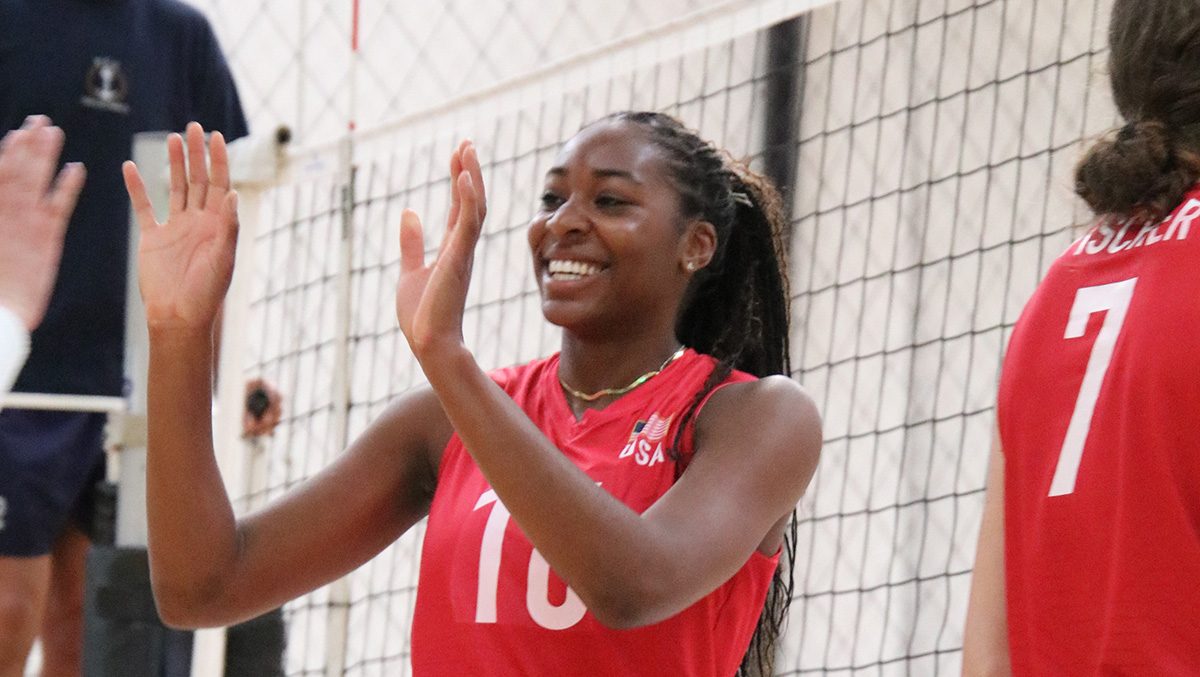
College Recruiting Tips for the Fall Season
College recruiting preparation can be a daunting task, but don’t fret! Here are five college recruiting tips that can help both boys and girls volleyball athletes.
Resources for
Follow USAVolleyball
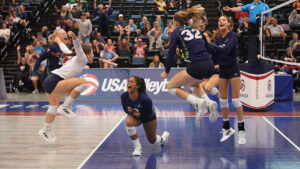 USA Volleyball Education is focused on improving developmental and educational opportunities across the sport of volleyball from grassroots to the national team level. Our goal is to provide the opportunity to access, complete and apply high-quality information and methods in the technical, tactical, physical and emotional aspects of the game for athletes and coaches while providing training, support and resources for other key stakeholders including officials, parents and clubs.
USA Volleyball Education is focused on improving developmental and educational opportunities across the sport of volleyball from grassroots to the national team level. Our goal is to provide the opportunity to access, complete and apply high-quality information and methods in the technical, tactical, physical and emotional aspects of the game for athletes and coaches while providing training, support and resources for other key stakeholders including officials, parents and clubs.
For years, the focus of volleyball in many areas and across various levels shifted to a mindset of winning at all costs.
What we now know is that the most successful teams in the world have developed a model of training and a culture that supports a holistic approach to athlete development which not only sets them up for competitive success on the court, but values and emphasizes the important of athlete health, well-being and long-term involvement in the sport.
The USA Volleyball Development Model was created based on the idea that volleyball in the U.S. could be taught differently, resulting in long-lasting positive outcomes across all measures of performance while keeping kids involved and loving the game longer.
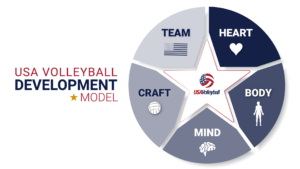
The five pillars of the USA Volleyball Development model provide the basis for a holistic approach to the core elements that are vital to supporting development at every level and across age groups.
USA Volleyball Education is committed to providing support for the volleyball community with a role-based approach to education and training. Whether you’re planning practices, cheering from the stands or making the right call, we provide the tools and resources to help you succeed.
USA Volleyball partner Sports Imports has provided USA Volleyball coaches with drills for use with their Trainer+ and The Vertec.
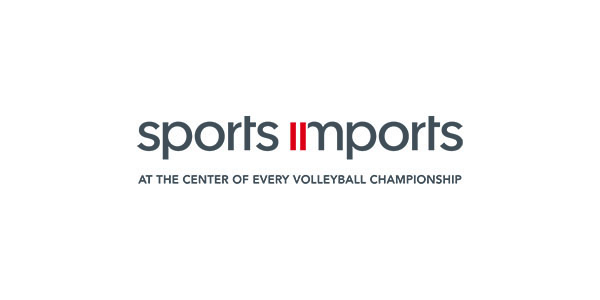

College recruiting preparation can be a daunting task, but don’t fret! Here are five college recruiting tips that can help both boys and girls volleyball athletes.

How can a volleyball player position oneself for meaningful NIL opportunities? Spending time making a plan before becoming a time-strapped college athlete is a great place to start! Ready to jump in? Let’s go.
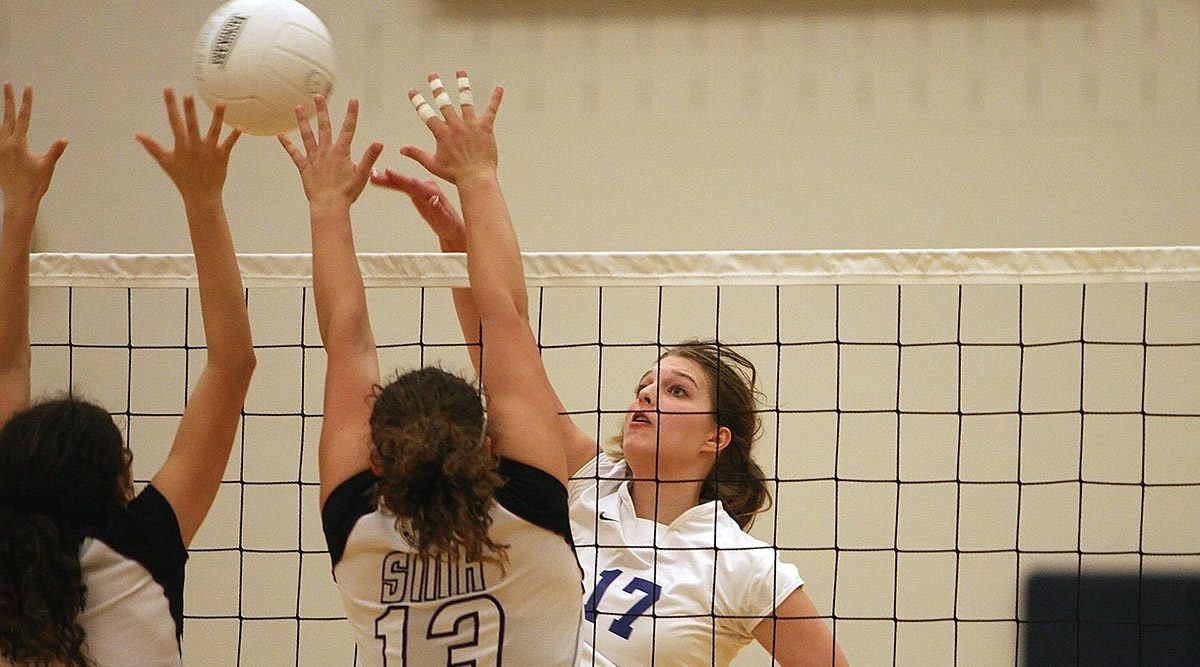
For most, participating in NIL is not a handout but rather a part-time job. It requires dozens, if not hundreds, of hours of research, strategic planning and outreach to be successful. Thus far, the most successful non high-profile athletes have taken the initiative in creating NIL deals for themselves.
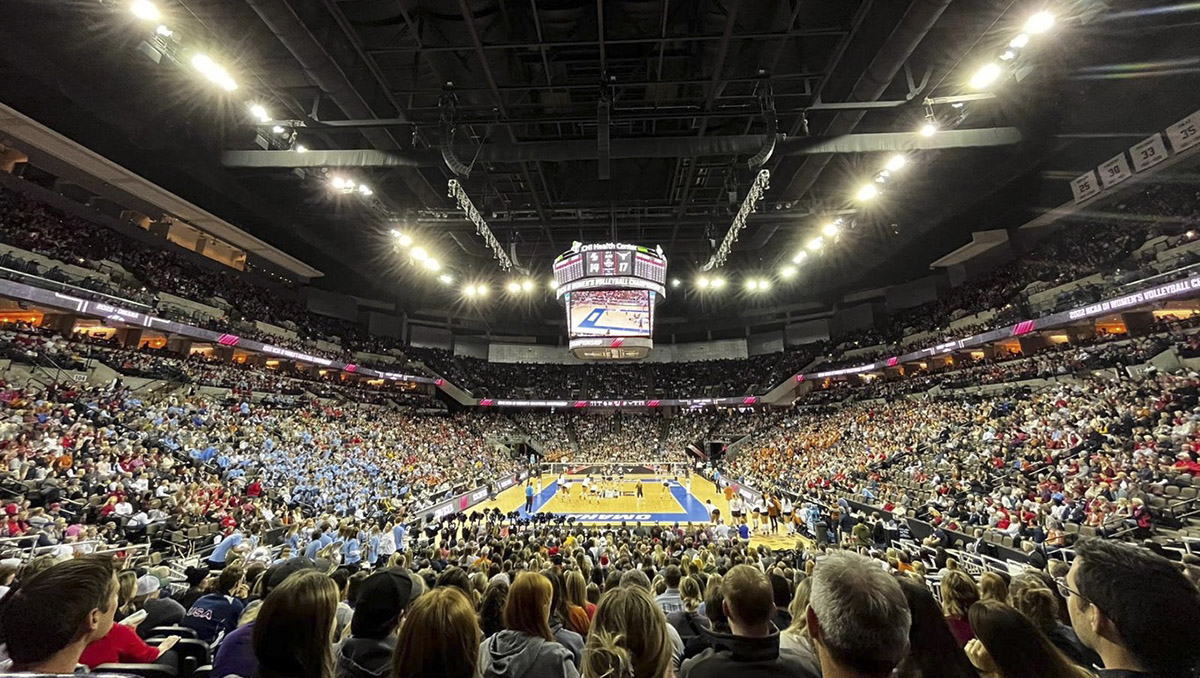
What does NIL really mean and why does it matter? In legal language, name, image, and likeness make up the three pieces of one’s “right to publicity." Michelle Meyer of the NIL Network shares the basics to understanding what NIL means for athletes.
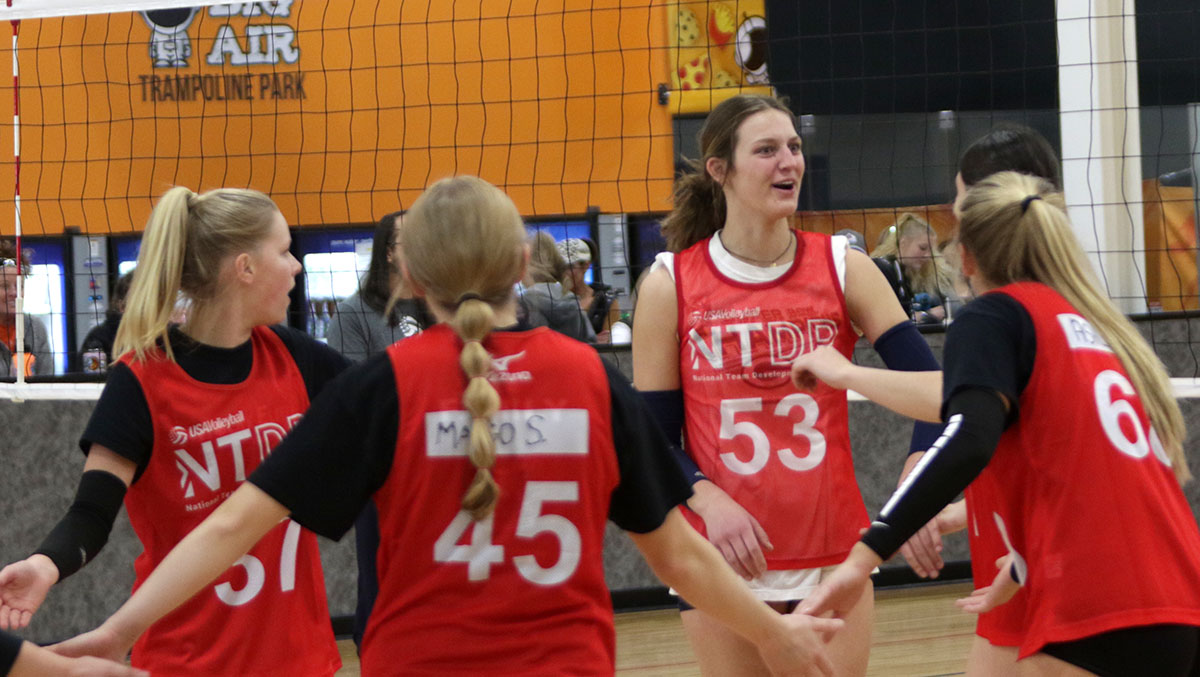
While perseverance sounds like a very serious skill, it can be fun to learn for your young athletes if you make persisting through tough challenges into a playful activity. These activities for every age group will spark conversations around perseverance while encouraging experimentation and play.
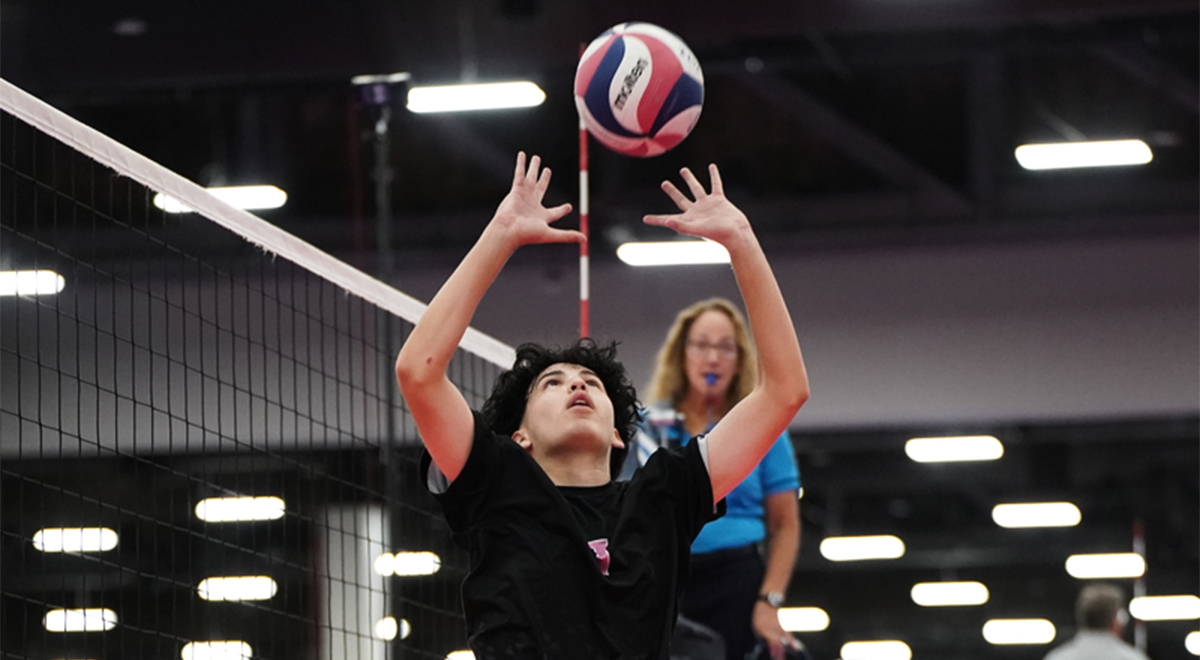
Research shows that early specialization is unnecessary and may hurt athletes and their performances. Here are five things to know about sport specialization in younger athletes.
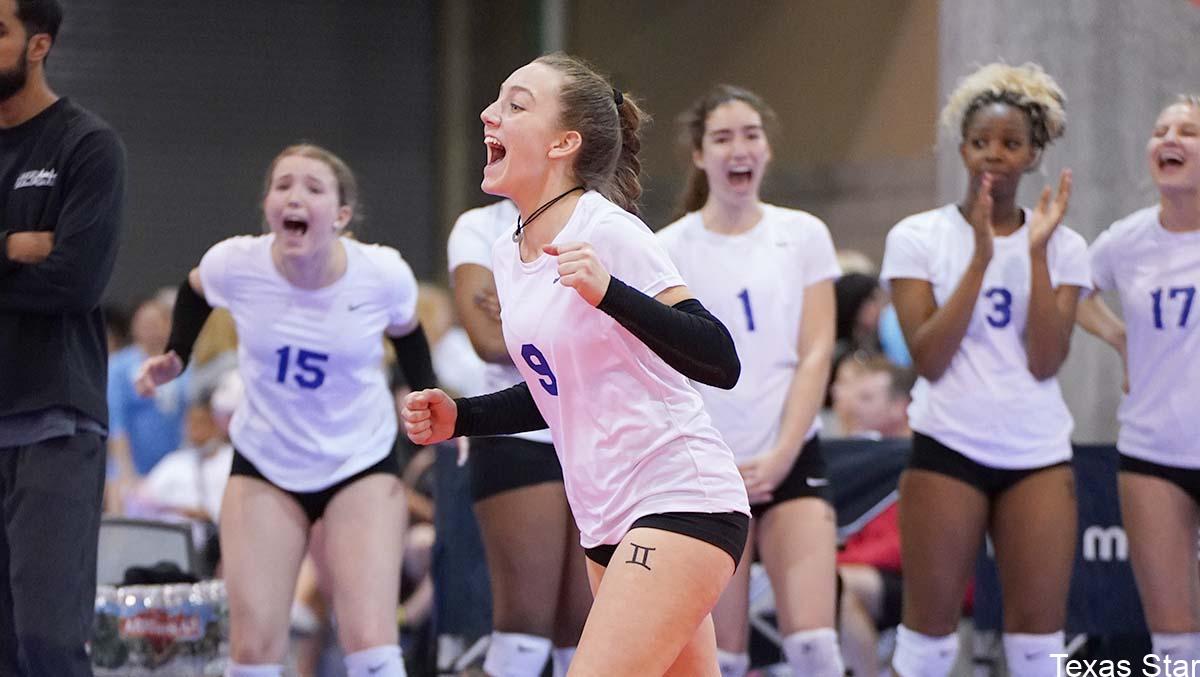
June 15 is the initial contact date for volleyball college coaches at the NCAA Division I and Division II levels to reach out to rising juniors. Once this date hits, more direct communication can begin between college coaches and the student-athletes. What does that mean? We’ll go through five things to know about June 15.
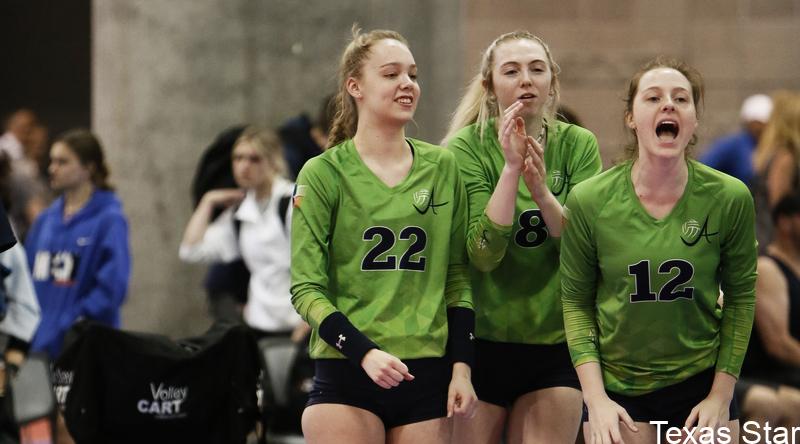
Every year, student-athletes participate in summer camps, combines, tournaments and showcases to sharpen their skills and gain exposure to college coaches. College coaches value the opportunity to evaluate a player multiple times on video as well as in person. Attending these types of events can be a crucial step in your recruiting process, but they can be costly and time consuming, so make them worth your while.
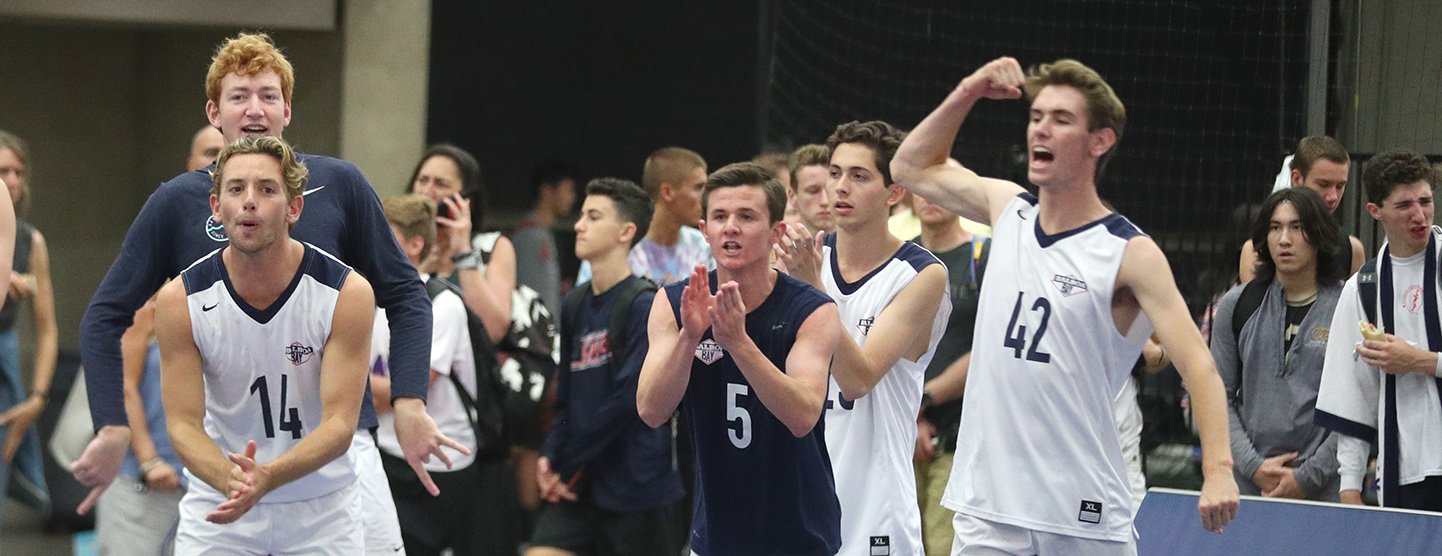
The college recruiting process is an exciting time for all young athletes, but it can also be confusing. Understanding the deadlines for each division and discipline will give you the tools to make the most of it.
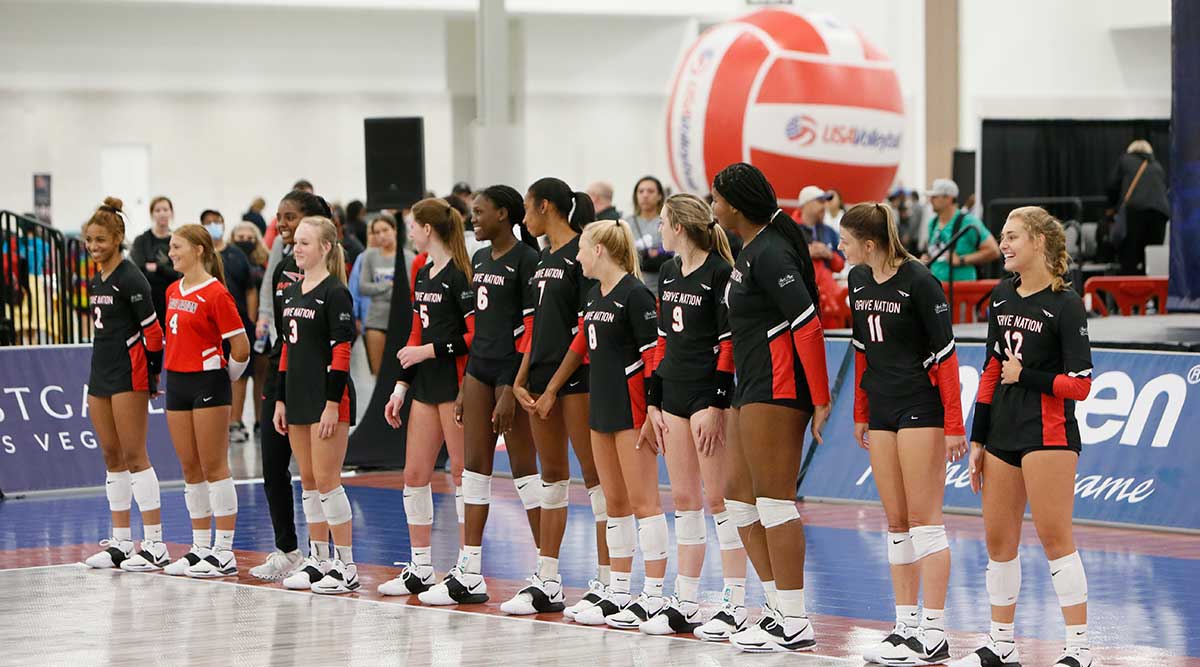
The college recruiting process is an exciting time for all young athletes, but it can also be confusing. Understanding the deadlines for each division and discipline will give you the tools to make the most of it.
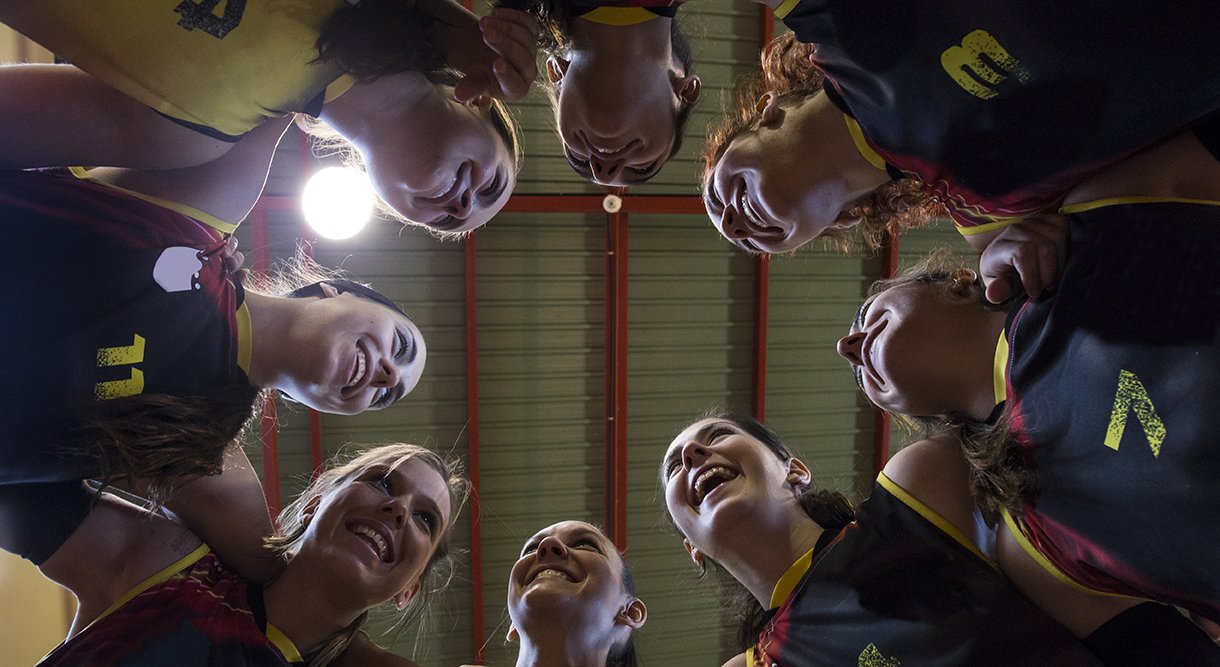
Young athletes face tough transitions on a regular basis. Whether it's something big, like a move to a new school, or just the start of a season with a new coach, these transitions can be significant sources of anxiety. But, there are ways to navigate these challenging times.

For young athletes, maintaining a positive body image is difficult at the best of times, but when a competitive team atmosphere is added into the mix, that positivity can become even harder.
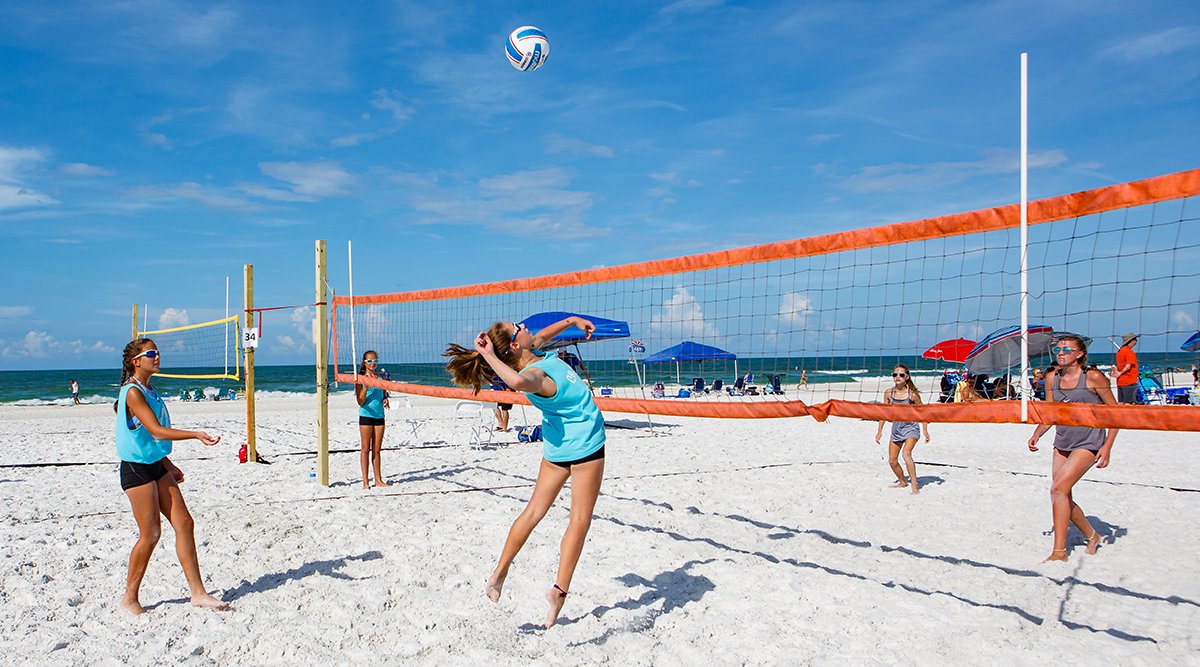
Gulf Shores, Alabama is a popular place for beach volleyball. Here's what you must know weather-wise when you visit for a tournament.
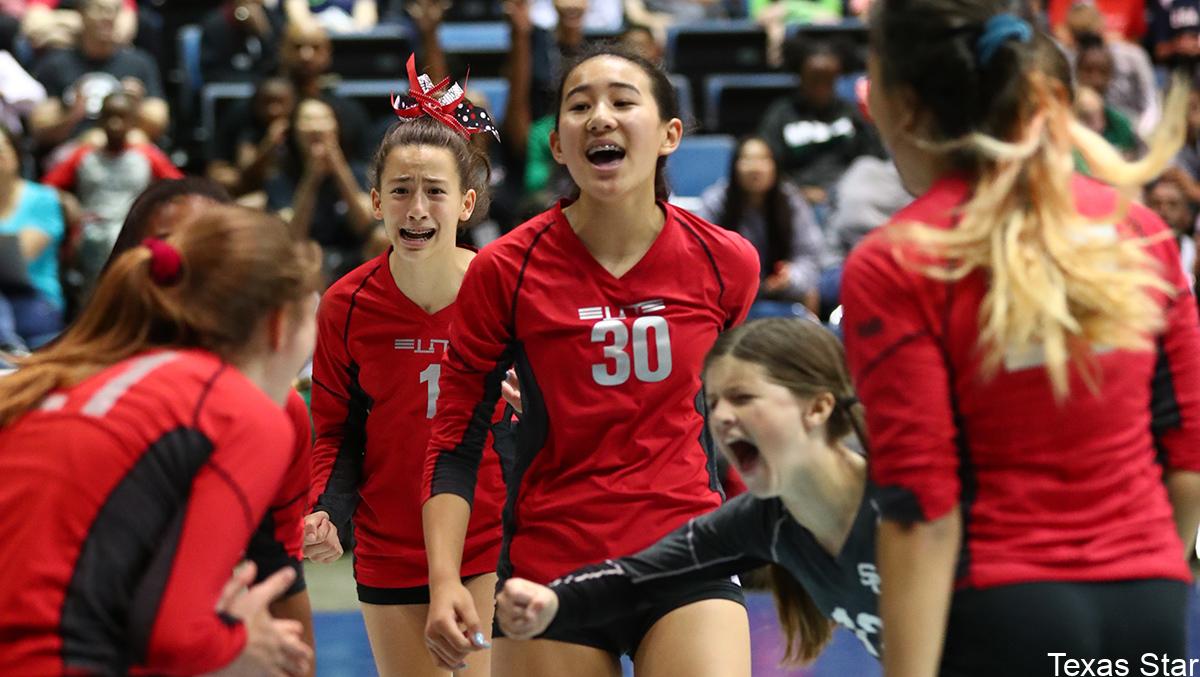
Don’t ever let anyone tell you that just being you isn’t good enough. Don’t ever let them make you feel like you aren’t worth anything or that you aren’t important. You have a purpose.
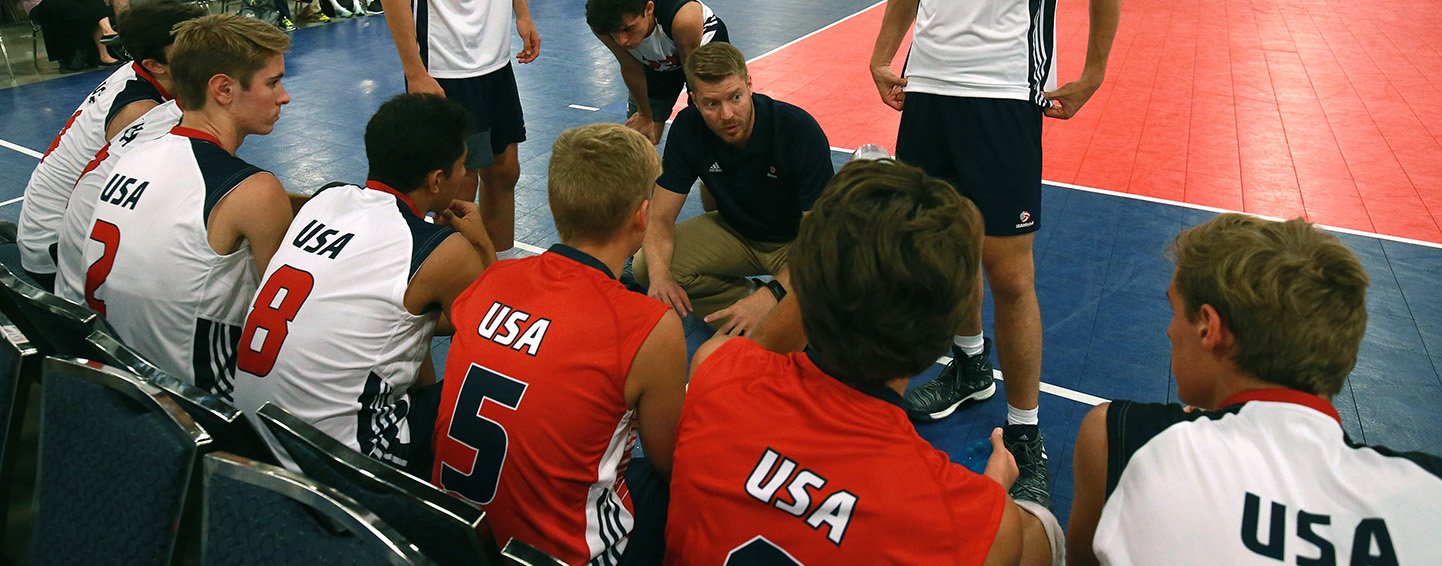
Respectful communication is a key tool for young athletes to learn in both sports and life.
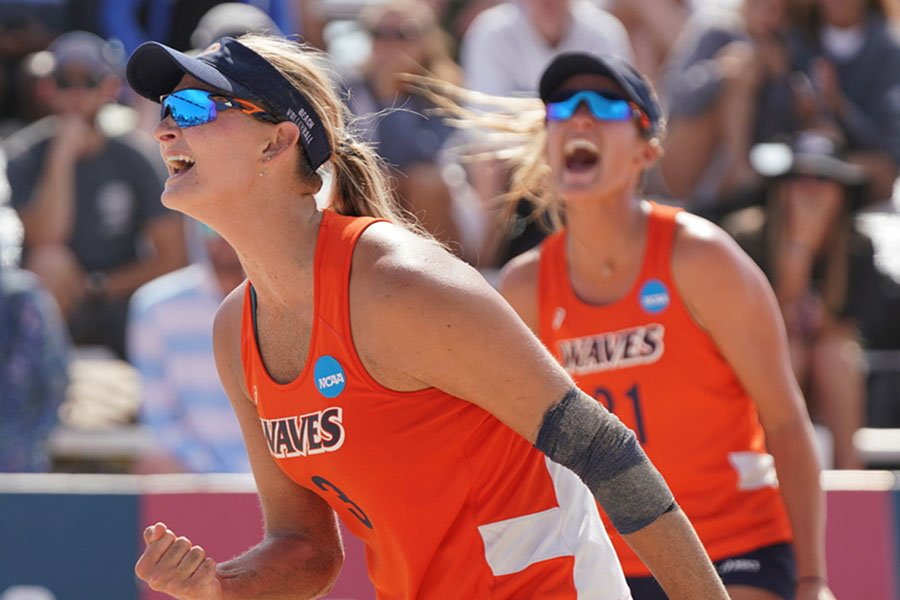
If you’re in high school and serious about volleyball, you’re probably thinking about playing in college. We’ve provided answers to some of the most-often asked college recruiting questions to help you start your recruiting journey.
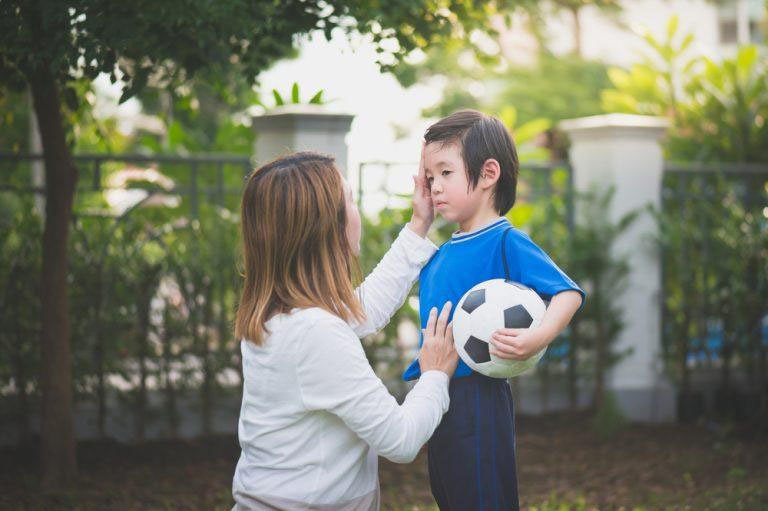
Helping your young athlete understand the difference between an uncomfortable situation and an unsafe situation can be incredibly difficult.
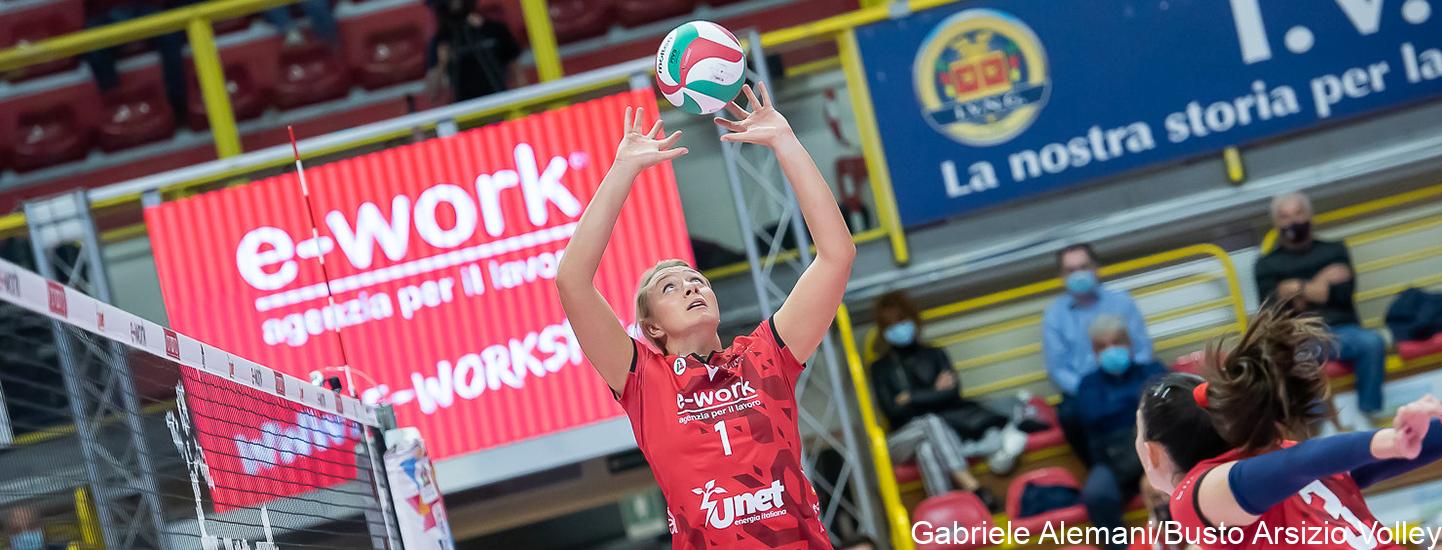
Former U.S. National Team libero and current pro player Dustin Watten shares his thoughts on making it overseas.
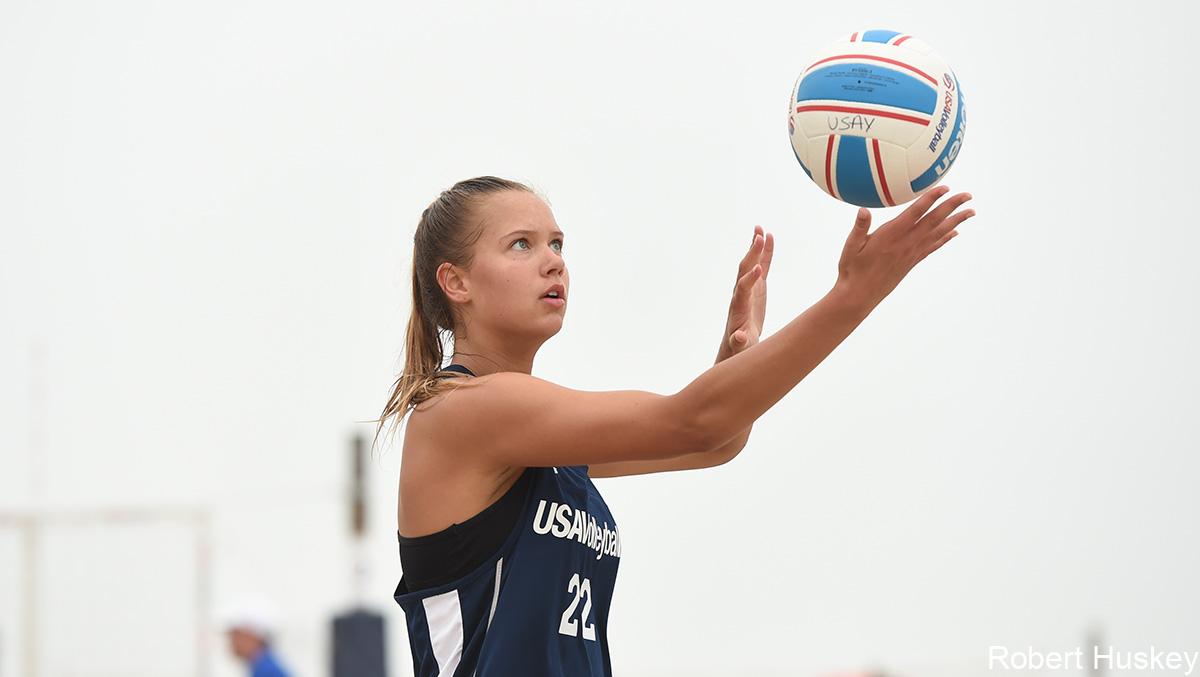
The serve is the only play completely in the control of one player, you. You are not responding to anything but the referee’s whistle; you can impose your will on your opponents.
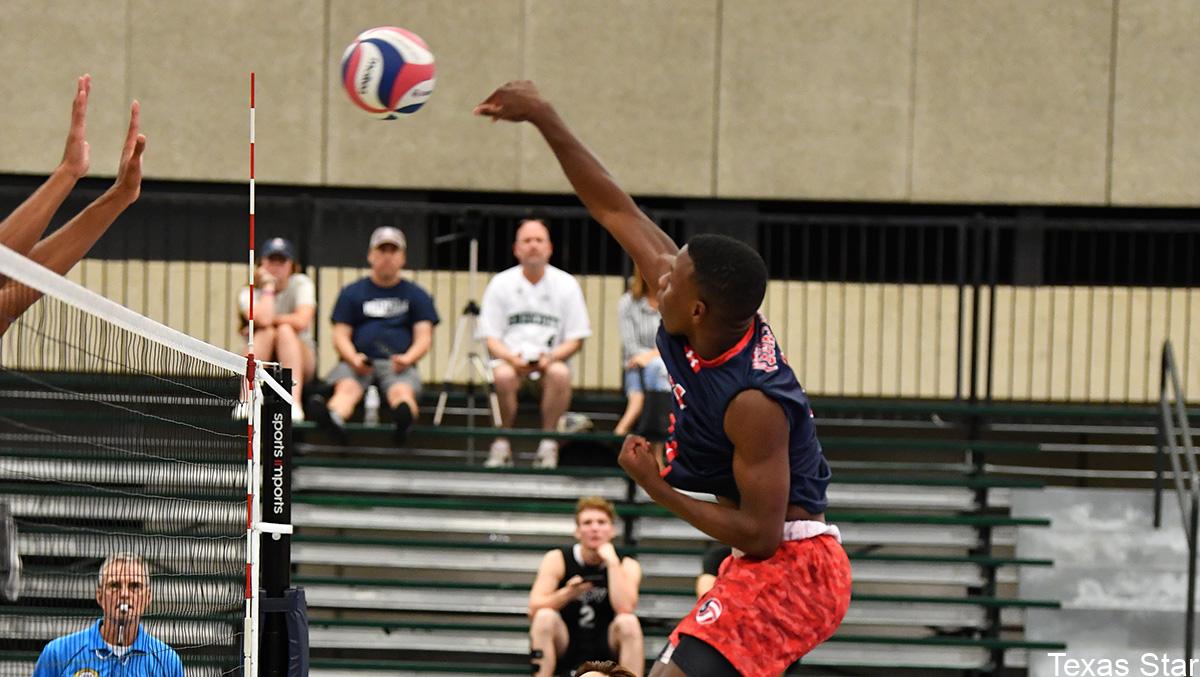
First off, you should understand that to hit the ball harder, you just need to swing your arm faster. Stop working so hard on hitting the ball harder.
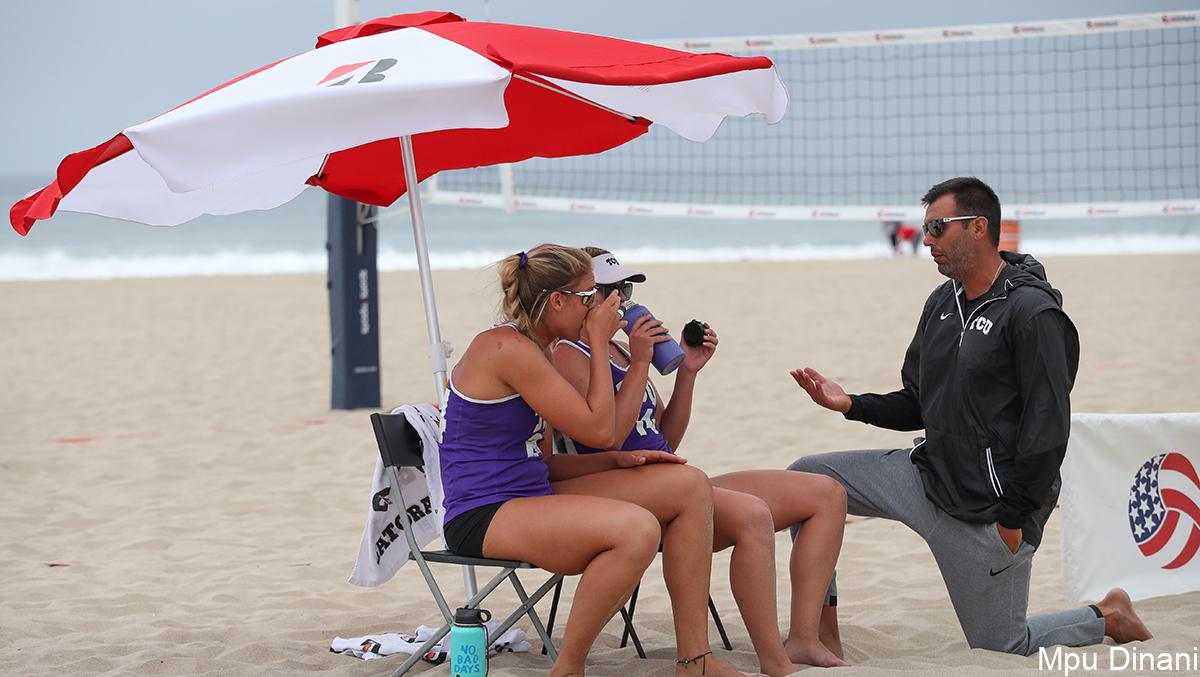
How our USA coaches might better implement this fact is the focus of this article, for it can also make a huge impact on the development of talent in both the youth levels, and disabled programming of our nation.